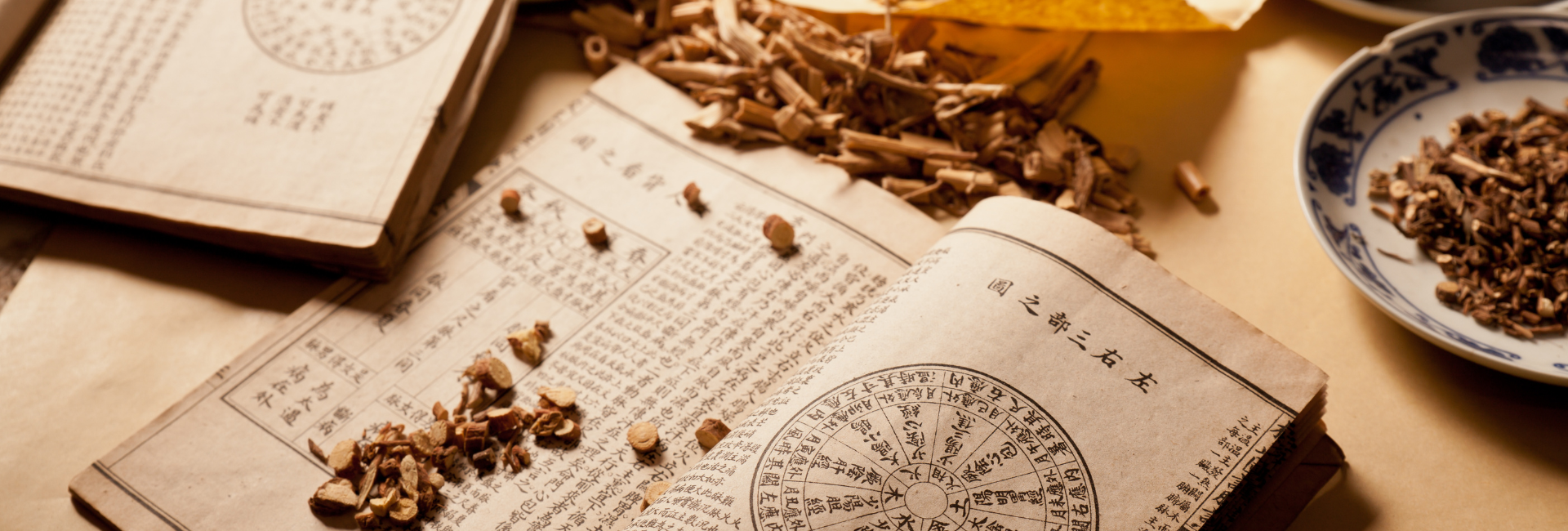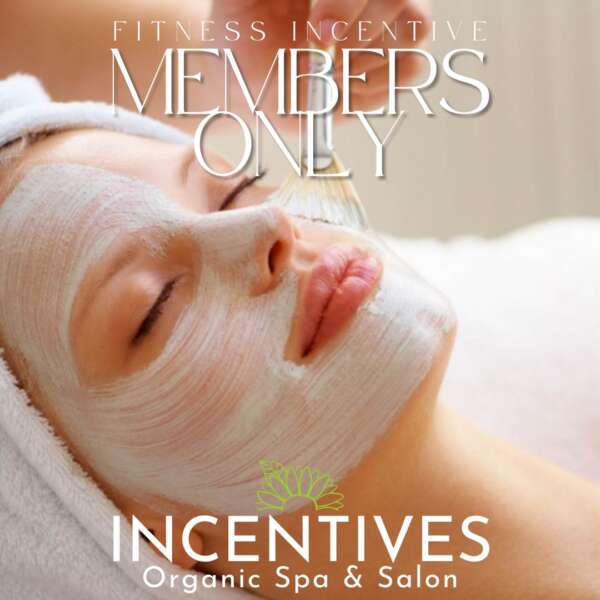
“ …the truth is herbs have been used in traditional Chinese medicine for thousands of years to treat a variety of ailments and can be found right here at your local supermarket or even in your backyard.“
- Maria Hogan

Healing Herbs
Sometimes, when I mention Chinese herbs to people, I get a blank stare or even a cringe-like reaction. I think people are picturing dried-up bugs, worms, or some other weird tinctures in a jar on a shelf. But the truth is herbs have been used in traditional Chinese medicine for thousands of years to treat a variety of ailments and can be found right here at your local supermarket or even in your backyard. In most cases, their effectiveness is supported by modern scientific research. In this article, I discuss a few that are easy to find or grow yourself. However, I always like to mention that everyone is unique and reacts differently to things; some herbs can cause allergic and adverse reactions in some people and can interfere with some medications, so always consult your healthcare provider before using any herbal remedy.
Chamomile

In medieval Europe, chamomile was an herbal medicine staple, as common to have on hand as pain relievers are today. Chamomile was used to treat digestive upsets, muscle cramps, skin conditions, nervous tension, and many other ailments. Today, chamomile is one of the most popular and widely used herbs in the Western world. Chamomile tea appears to help the digestive tract lining, relieve digestive spasms, and soothe inflammation. Some people use it to help them sleep better.
Ginger

Ginger is an herb that has been used for thousands of years. Countless scientific studies support ginger’s effectiveness in combating nausea, whether triggered by indigestion, motion sickness, pregnancy, or chemotherapy. The way that ginger helps has yet to be completely understood, but one hypothesis is that certain chemical substances in the herb bind to the receptors in the digestive tract that turn down the sensation of nausea. The chemical substance in ginger also speeds up digestion to move food out of the stomach and into the intestines. Some studies show ginger can significantly reduce inflammation in the body.
Lemon Balm

This herb has a history as a remedy for easing anxiety and lifting spirits. It has been said that the ancient Greeks introduced the herb into the Arab world, where it was praised as a remedy for heart conditions and depression. It became very popular in the 1600s when a group of French nuns concocted an alcohol-based blend of lemon balm, the herb Angelica and various spices. This concoction, known as “Carmelite water,” became a remedy for headaches, indigestion, sleeplessness, and nerve pain, as well as one of the earliest known alcohol-based perfumes. Research also shows that lemon balm has antibacterial and antiviral properties, and lemon balm oil has been shown to have anti-spasmodic effects, which can reduce muscle contractions and generally have a soothing effect. Research also shows that people with dementia and Alzheimer’s disease show improvement in cognition, agitation, and restlessness when using lemon balm.
Peppermint

The creation of this herb was actually an accident; it is the result of a cross-pollination between spearmint and water mint. It was discovered in 1696. Peppermint is shown to calm overactive muscles in the digestive tract, allowing gas in the stomach and intestines to escape. Research shows it can help relieve symptoms of irritable bowel syndrome(IBS), diarrhea, and constipation. The menthol in peppermint oil also has a cooling effect that can soothe skin irritations and tension headaches.
These are just a few of my favorites!!!
So next time you think of herbs, know that they are here all around us, easily accessible, and can be extremely healing. They are most definitely worth trying to help with anxiety, insomnia, or sore muscles from your workout!
Sponsored Links
About the Author

Maria Hogan
Maria Hogan is a Licensed Acupuncturist and Massage Therapist. She graduated with a Masters Degree in acupuncture from the New York College of Health Professions, where she currently is a Professor and Supervisor to students in the Massage Clinic.
Maria is passionate about sharing the healing benefits of Chinese Medicine.
Believing the body should be treated as a whole, she uses many modalities to treat various conditions.









